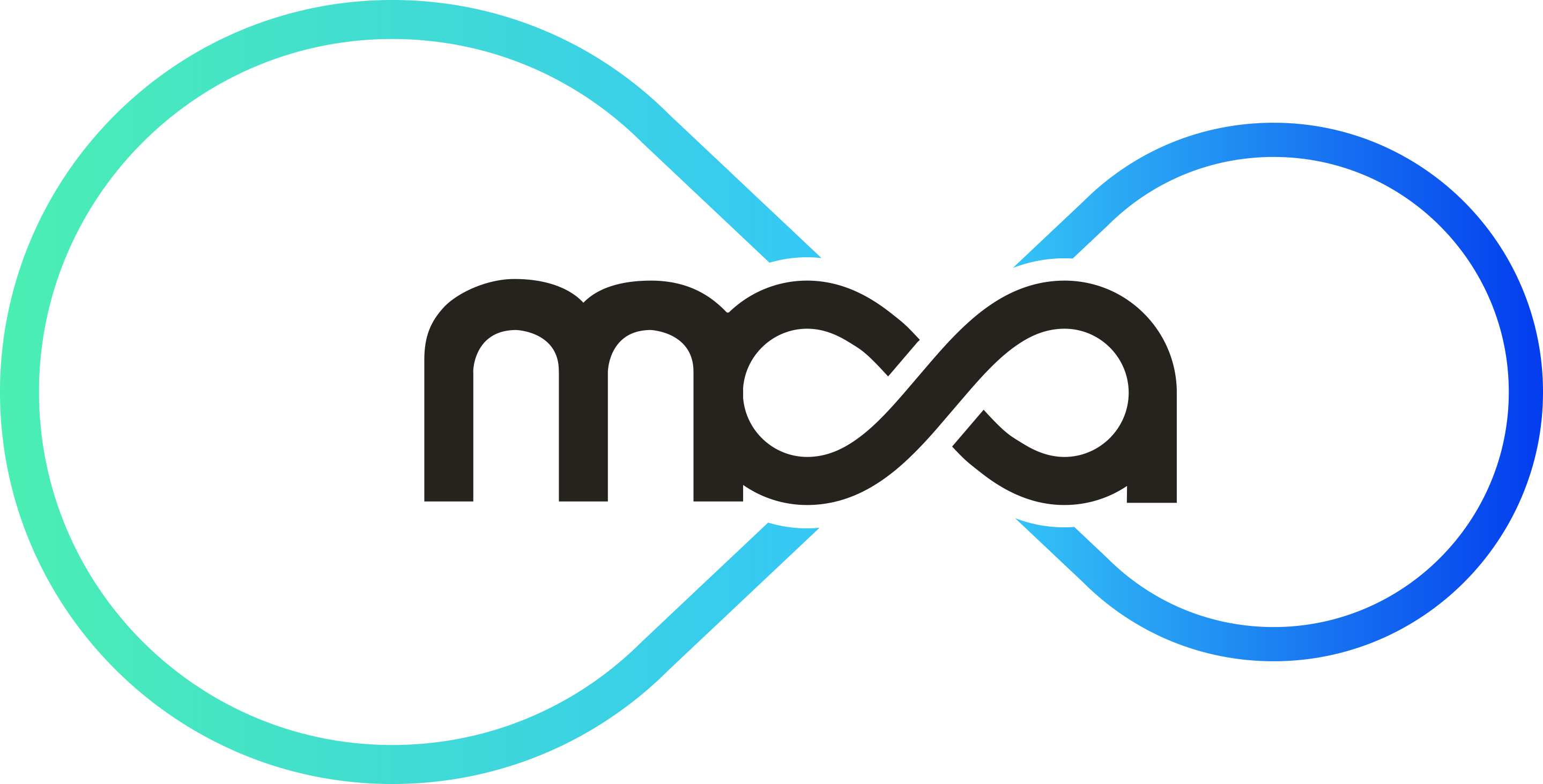Net Neutrality
When we go online we expect to be able to access all internet content without any blocking, throttling or discrimination of traffic. Net Neutrality rules primarily protect your right to do so. Below you may find further information on this subject.

What is Net Neutrality?
Net neutrality, also known as the ‘Open internet’, is the principle of ensuring that you control what to access and publish on the internet, without any restrictions. This means that an ISP must treat all traffic flowing over its network equally, irrespective of the content, the owner of the data, its origin or destination.
Does this mean that ISPs cannot implement traffic management measures?
No. ISPs may need to implement traffic management policies in order to ensure the smooth running of the network. However, the ISP is restricted in the type of traffic management that it can apply. In fact, while doing so, it needs to ensure that any measures are reasonable and must satisfy the following criteria:
- Transparency (ISPs are required to publish information about their internet traffic management practices);
- Non-discriminatory (When managing their internet traffic, ISPs cannot selectively block a service provided by a competing company); and
- Proportionate (Any measures shall be implemented solely in order to maintain efficient use of the network and such measures shall only be reverted to where no other equally effective alternative way for managing the traffic to achieve this aim is available).
In implementing such measures, service providers must always treat equivalent categories of service equally.
Are there any additional circumstances in which the ISP may implement internet access restrictions?
Yes, ISPs may also implement restrictions in the following exceptional circumstances:
- comply with Union and/or National law and Court Orders (e.g. to block unlawful content as required by a Court Order);
- protect the integrity or security of their network (e.g. to prevent cyber-attacks that occur through the spread of malicious software); or
- prevent impending network congestion that occurs temporarily and under exceptional circumstances (e.g. congestion caused by a sudden and abnormal increase in the demand for specific content applications or services when compared to the average demand).
Where can I obtain further information about the traffic management measures adopted by service providers?
Internet Service Providers (ISPs) are required to publish information on how the traffic management measures they adopt might impact on the quality of their internet service. This information is required to be included in the terms and conditions of subscriber contracts which are also available on the ISPs respective websites.
What other information is the internet Service Provider (ISP) required to publish?
Besides publishing information on the traffic management measures they adopt, ISPs are most importantly also required to publish:
- The typical speed range pertaining to each fixed internet access service package and the estimated maximum speed in the case of mobile internet access packages;
- Any applicable download or upload data limits;
- Information regarding the impact that the provision of specialised services (these could include linear (live) broadcasting IPTV services amongst others), might have on the internet access service, ensuring that these do not deter the availability or general quality of internet access services for end-users; and
- Any remedies applicable in the event that the performance of the internet service is inferior to the performance agreed to in the contract.
Please visit MCA’s FAQs titled ‘Subscribing to an Electronic Communications Service’ for further information on additional material that needs to be included in the terms and conditions of subscriber contracts.
Which entity is responsible from enforcing the open internet access Directive locally?
The Malta Communications Authority is the entity responsible from monitoring and ensuring compliance with the requirements set out in this Regulation, in particular to promote the continued availability of non-discriminatory internet access services at levels of quality that reflect advances in technology. For further information on this subject, you may contact us on 21336840, or send an email to customercare@mca.org.mt.
Where can I find additional information on the rules regulating open internet access?
Regulation (EU) 2015/2120 of the European Parliament and of the Council of 25 November 2015 laying down measures concerning open internet access can be accessed from here.
The Body of European Regulators for Electronic Communications (BEREC) Guidelines on the Implementation of European Net Neutrality Rules can be accessed from here. These guidelines were published with the intent to provide guidance to the National Regulatory Authorities on the implementation of the obligations set in the above-mentioned Regulation.





